Senator on a mission Turning the South Caucasus into a US strategic hub
Steve Daines, a member of the U.S. Senate Committee on Foreign Relations, paid a visit to the South Caucasus countries last week. On May 29, he visited Baku; on May 30, Tbilisi and Yerevan.
The order of the visits was no coincidence—especially considering that Steve Daines is a member of the U.S. Central Asia Caucus, a group of congressmen promoting the region’s interests.
Today, Azerbaijan and Georgia—key countries along the Middle Corridor—are emerging as the "gateway" to Central Asia. The United States’ interest lies in ensuring peace and security in the region. However, the main threat remains Armenia’s actions, which, despite its rhetoric about “peace,” continues to pursue militarisation and a revanchist agenda.
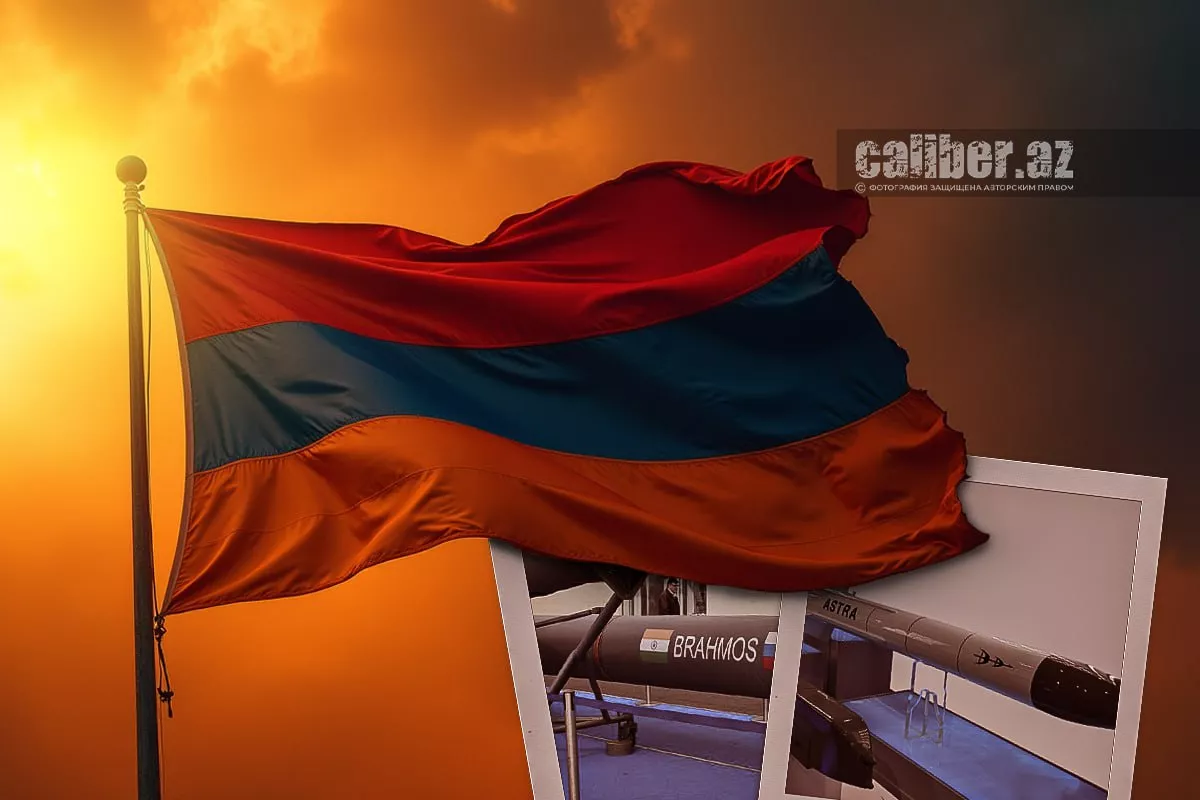
Steve Daines, one of the key proponents of deepening U.S. cooperation with Central Asian countries, is well aware of the importance of transit along the Middle Corridor. Even under the previous U.S. administration, he was actively involved in strengthening ties with the region’s states. Last year, he visited all five Central Asian countries.
Kazakhstan and Uzbekistan are of particular interest to the United States due to their uranium resources. American companies are actively cooperating with both nations in this sector, and uranium exports to the U.S. have seen significant growth—Kazakhstan’s exports alone increased fivefold in 2024. Washington views Kazakh uranium as a potential alternative to Russian supplies, especially in the event of further deterioration in U.S.–Russia relations.
Steve Daines is also a strong advocate for addressing the economic and trade interests of Central Asian countries. Earlier this year, during Senate hearings on the confirmation of Marco Rubio as Secretary of State, Daines and his fellow Central Asia Caucus member Gary Peters raised the issue of repealing the Jackson–Vanik amendment for Kazakhstan and Uzbekistan. Originally passed in 1974 in relation to the USSR, the amendment was inherited by the post-Soviet states and still applies to Kazakhstan, Tajikistan, Turkmenistan, and Uzbekistan—limiting their trade opportunities and access to U.S. government-backed loans.
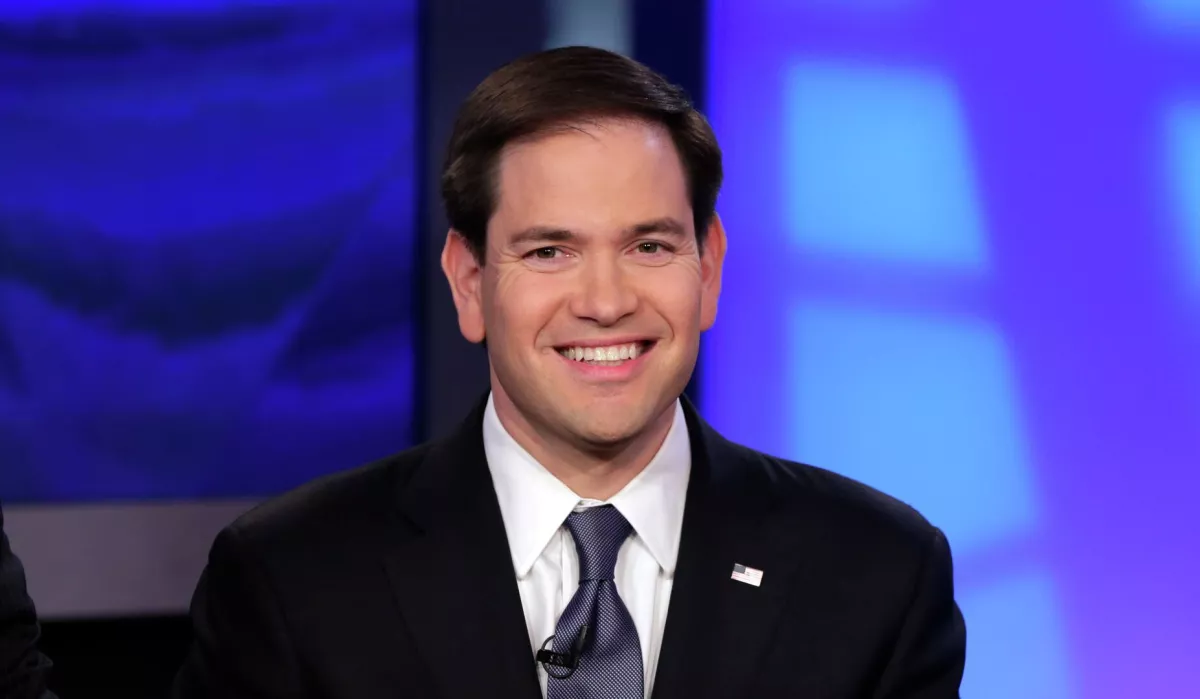
Marco Rubio supported the initiative and stated: “There are some that argue that we should use that as leverage for human rights concessions or leverage to get them to go stronger in our way as opposed to Russia and the like. But I think in some cases it’s an absurd relic of the past.”
Steve Daines described Central Asia as an unjustly overlooked region that deserves greater attention. He noted: “I’m looking forward to working with Senator Murphy on this. You know, that C5 +1, which is Central Asian countries, plus the United States. Hope we can work with President Trump, actually, to think about maybe hosting some kind of a summit there. Very strategic. After the withdrawal from Afghanistan, we need more friends in Central Asia, and I look forward to working on that.”
Daines also urged Marco Rubio to pay attention to Turkmenistan’s vast reserves of natural gas. Although Turkmenistan has been supplying gas to China for 30 years, it has been unable to access global markets.
This once again brought the idea of the Trans-Caspian Gas Pipeline back into focus—a project that could link Turkmenistan to Europe via Azerbaijan, Georgia, and Türkiye.
It is symbolic that Steve Daines' visit came shortly after the release of a report by the American Foreign Policy Council and the Central Asia-Caucasus Institute (USA). The report outlines the need for a new U.S. strategy, advocating the expansion of the concept of Central Asia into a broader framework of “Greater Central Asia” (GCA), which includes the South Caucasus, Mongolia, and Afghanistan.
This vision stands in contrast to the agenda of Georgia’s pro-Western opposition, which seeks to surrender national sovereignty to Brussels “at any cost” in exchange for vague promises of EU membership. It also challenges Armenia’s pursuit of European integration. U.S. policymakers understand that Central Asia holds vast resource and demographic potential—unlike the ageing societies of Europe. In this context, the South Caucasus is increasingly viewed not as a periphery of the European Union, but as an integral component of Greater Central Asia.
Moreover, in several EU capitals—especially in Paris—a neo-colonial approach toward Georgia still persists, while Armenia is being actively armed, creating the risk of a new conflict. The possibility of igniting another war in the region, including in Georgia, is viewed as part of a “second front” strategy amid the ongoing conflict in Ukraine, which could lead to the disruption of the Middle Corridor communications.
Unlike representatives of the Armenian caucus, Steve Daines is genuinely interested in the stability and security of the South Caucasus. His visits to Baku, Tbilisi, and Yerevan confirm this approach.
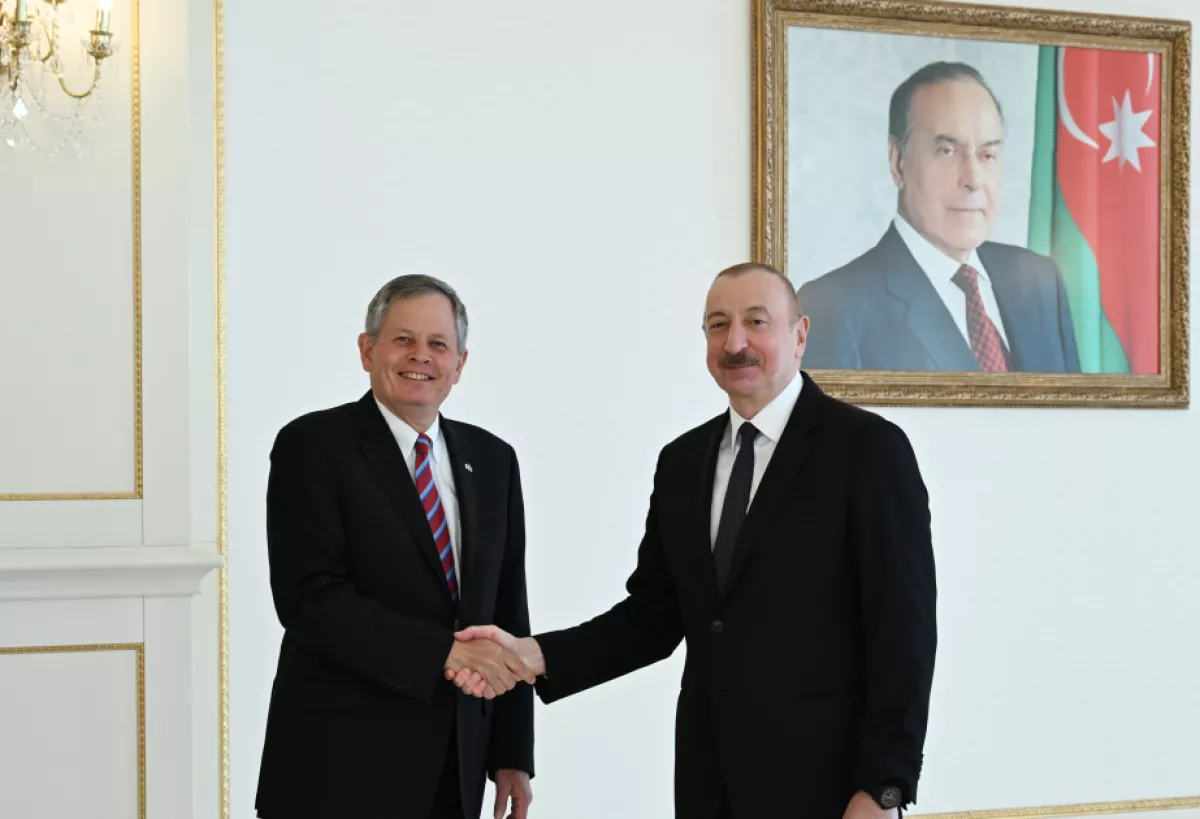
In Baku, the senator was received by Azerbaijan’s President Ilham Aliyev. Steve Daines highlighted the prospects for developing bilateral relations and recalled that Azerbaijani and American military forces had cooperated in Afghanistan. He specifically thanked Azerbaijan for its role in securing Kabul airport during the evacuation period, emphasising the importance of the contribution made by Azerbaijani peacekeepers.
The senator emphasised Azerbaijan’s strategic importance and expressed confidence in the further expansion of cooperation. It was particularly noted that, thanks to its infrastructure and connections with neighbouring countries, Azerbaijan has become a vital logistics hub in Eurasia and plays a key role in the development of the Middle Corridor.
In Tbilisi, Steve Daines met with Prime Minister Irakli Kobakhidze. This was the first meeting at such a high level between the Georgian authorities and representatives of the new U.S. administration.
The U.S. Embassy in Georgia had announced in advance that the senator would outline the key priorities of President Trump and Secretary of State Rubio, including the philosophy of “America First.” The embassy’s statement said: “Senator Daines today welcomed the opportunity to meet with Georgian Prime Minister Irakli Kobakhidze to discuss strengthening U.S.-Georgia relations. The Senator affirmed Georgia’s crucial role in promoting peace and prosperity in the Caucasus and beyond, and he strongly encouraged Georgia to work closely with President Trump and his Administration to advance our mutual economic and security interests.”
Prime Minister Irakli Kobakhidze also spoke positively about the meeting, stating: “The discussion was about renewing relations from a completely healthy standpoint. We openly and loudly declare that we want to restart the strategic partnership with the United States with a clean slate and clear leadership. In this context, the Deep State is trying to create some barriers to restoring Georgian-American relations, but I am confident that President Trump will prevail over the Deep State, and nothing will stand in the way of restoring Georgian-American relations.”
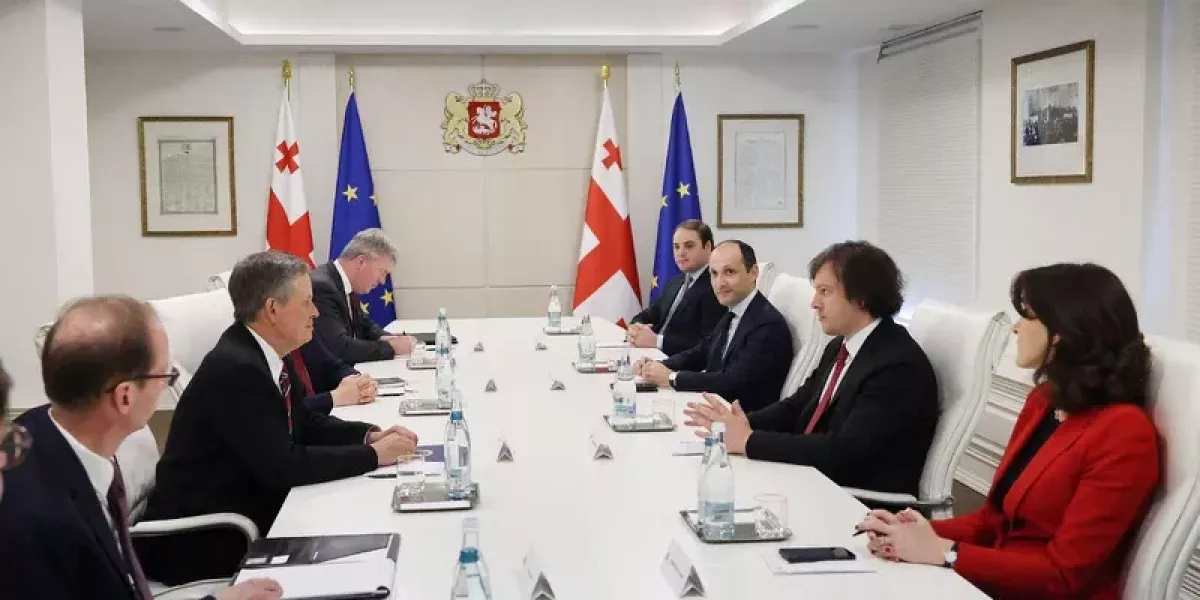
Essentially, the prime minister’s remarks imply that the current U.S. administration supports pragmatic cooperation with Central Asia and the South Caucasus, while the Deep State seeks to destabilise the region.
Steve Daines also held a brief meeting with former President Salome Zurabishvili and opposition leaders. Following this, the U.S. Embassy noted: “Senator Daines met with Salome Zourabichvili and political party leaders to discuss Georgia’s strategic importance to the United States, concerns over recent arrests of opposition leaders, and the need for a pro-Western Georgia to ensure prosperity, progress, and stability in the region.”
This measured statement clearly shows that the senator, focused on stability and development, has little interest in the opposition’s “revolutionary” agenda.
Finally, Steve Daines’ visit to Yerevan was also telling. On the social media platform X, he posted: “In meeting with Armenian PM Pashinyan we discussed U.S. critical mineral investments & regional security concerns, including Trump Admin’s desire to achieve lasting peace in the region. I echoed Sec Rubio about the tremendous benefits if Armenia & Azerbaijan sign a peace agreement.”
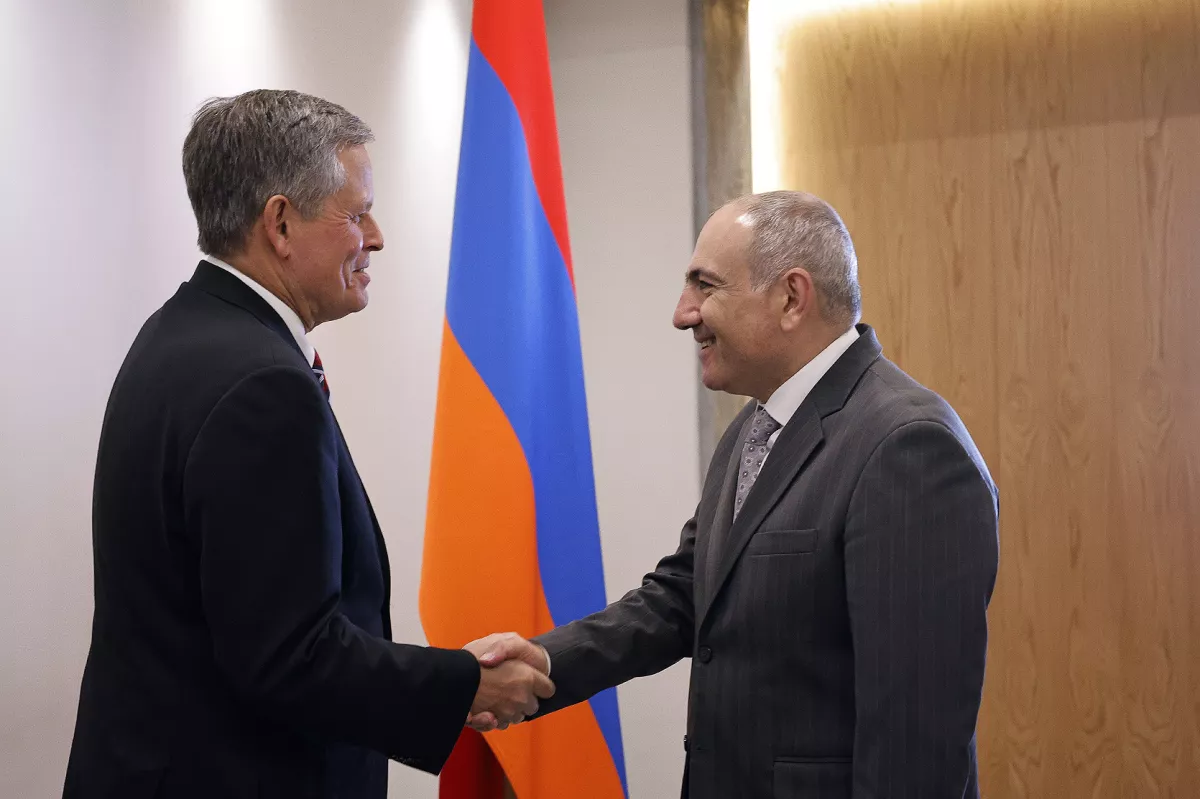
The senator made it clear that Washington expects concrete steps toward peace from Armenia: renouncing revanchism, removing territorial claims against Azerbaijan from its constitution, and integrating into regional projects. Only then can Armenia become part of the dynamic economic development of the Greater Central Asia region.
Thus, Steve Daines sent a clear message: Armenia must not be a source of instability or an obstacle to realising the strategic transit potential of the Middle Corridor.
Vladimir Tskhvediani, Georgia, exclusively for Caliber.Az








